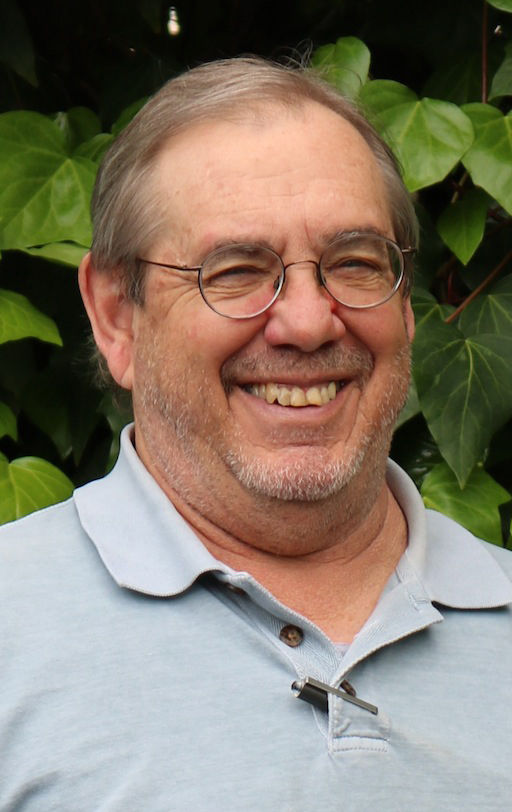High school graduation ceremonies are when our young scholars get pinned down to hear lofty and last minute advice on what to do as they go forth into the adult world. Some of the guidance is more wise and sage than others. Face it, lots of it can sound corny, outmoded or extraneous.
But our newest crop of graduates would do well to listen to all of it. The 21st Century is just getting started and members of the Class of 2017 will be living through almost all of it. If anyone thinks everything is changing too fast right now, then they are already falling behind.
It’s not an overstretched cliché to say these graduates face a wide, wide world. They face a world without borders — technologically, culturally, economically and environmentally. Contrary to some very regressive political views emanating from the Trump White House and elsewhere, our graduates are already global creatures and much more than just citizens of a single continent or country.
Our graduates communicate via the Internet. Their mobile devices are made in China and they drive cars assembled with international parts. Fashion, music, food tastes, religions — even classmates are global and not strictly American.
Which advice will work best — ‘think globally, act locally’, or, ‘fear globally, act defensively’? Is it too late to offer some extra lessons in world citizenship?
“We get that our greatest opportunities are now global — we can be the generation that ends poverty, that ends disease. We get that our greatest challenges need global responses, too,” Facebook’s Mark Zuckerberg said to this year’s graduates at Harvard University.
“No country can fight climate change alone or prevent pandemics. Progress now requires coming together not just as cities or nations but also as a global community,” he also said.
“In a survey asking millennials around the world what defines our identity, the most popular answer wasn’t nationality, religion, or ethnicity,” Zuckerberg also said. “It was ‘citizen of the world.’ That’s a big deal. Every generation expands the circle of people we consider ‘one of us.’ For us, it now encompasses the entire world.”
“Think globally, act locally” was a phrase first made popular in modern times during the earliest days of the Earth Day movement, about 1970. It was right after man landed on the Moon (July 20, 1969) and when we all saw our first view of our tiny blue planet floating in space. Suddenly, we realized we were all astronauts on a Spaceship Earth with limited resources of clean air, water and livable landscape.
Since that moon landing almost 50 years ago, all things have become more and more global. Trying to make America great again without enough global thinking could make America last in some respects and not first. We could become fossilized.
“Nationalism is an infantile disease. It is the measles of mankind,” said Albert Einstein, who always listed himself as a world citizen.
The graduates of the Class of 2017 — and those that will follow — will either embrace world citizenship and global thinking or they will be inflicted with the nationalistic disease that leads to isolationism, wall-building, fear of strangers and a view of America that is neither great, exceptional or sustainable.
If our young people embrace this century’s global challenges, they can preserve America’s leadership role on this planet as the most democratic, innovative and prosperous member of a global family of nations.
It is astonishing to those of us who graduated from high school a half century or so ago that today’s graduates now face such a changing world. It seems impossible to believe America may lose its friendships in Europe and its seat of leadership across almost every continent.
Thinking globally and acting locally will make both America and our planet great again. Both must come first.
67
F
Healdsburg
January 22, 2025








